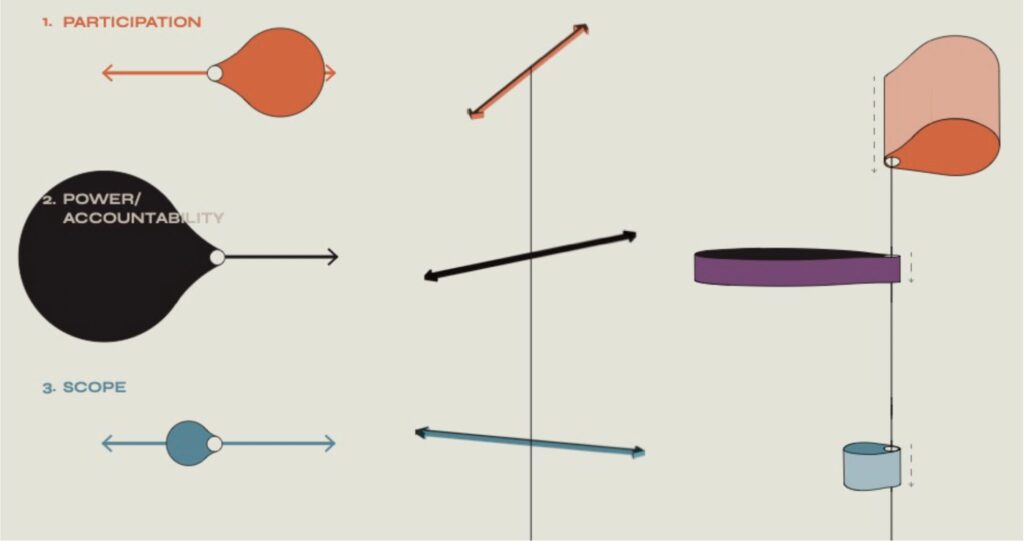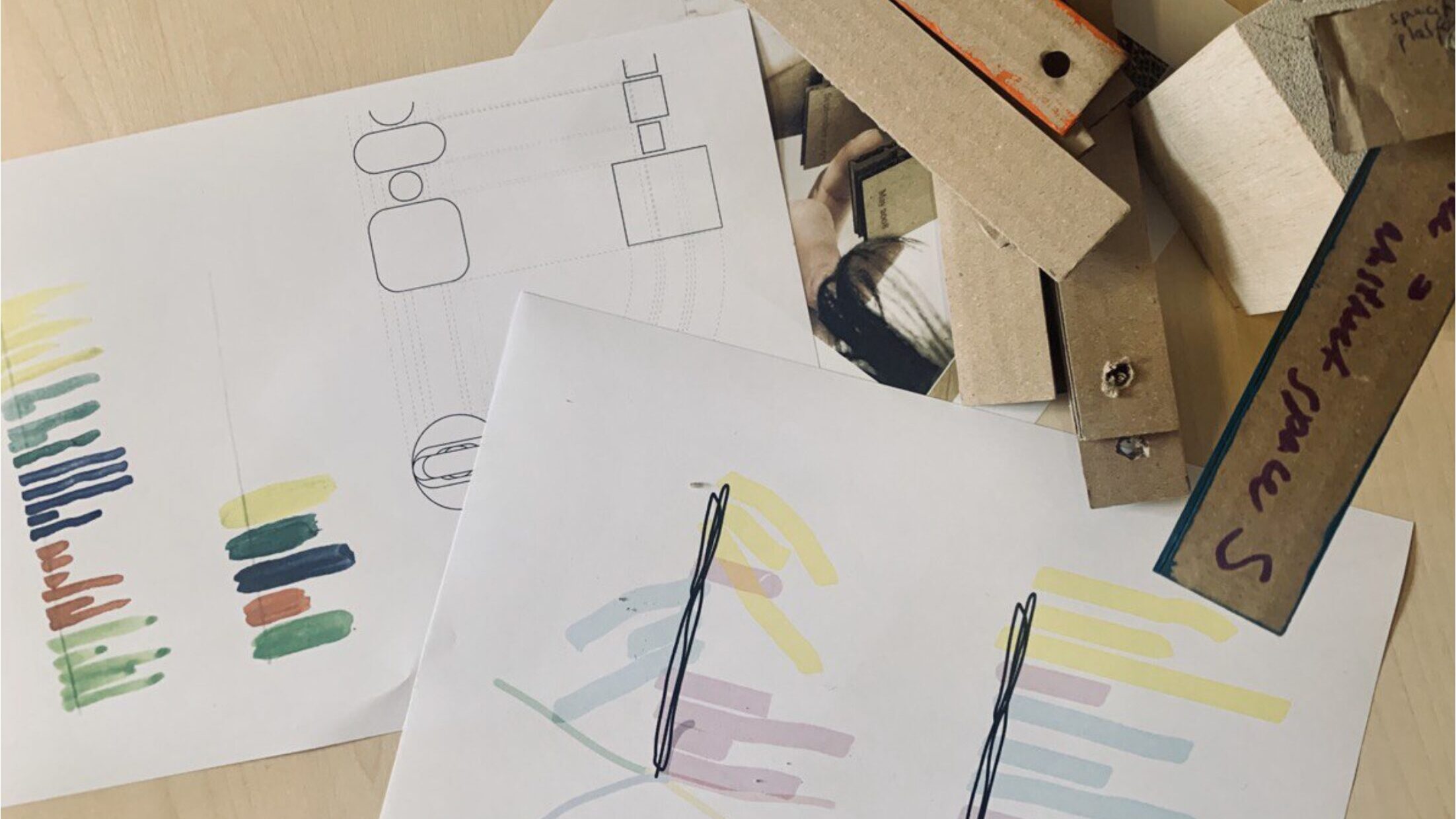
Shaping and re-shaping disputes about AI with design-led methods
Friday 10th March 2023
Friends House, London
Artificial Intelligence has been the subject of widespread public controversy in recent years, but are we currently having the debates about AI that we will need to engage in as a society? During this design-led research workshop, we invite experts in AI from different fields to work with us to address the following question: how do we get from the AI controversies that we have today to the AI controversies that we need?
Hosted by the ESRC-funded project Shaping AI, the workshop will include a presentation of a social study of AI controversies (2017-2022). This will provide the basis for a collaborative research activity supported by design methods. We will use a diagnostic tool to determine the “shape” of selected AI controversies: are recent English-language controversies about AI in good or bad shape when it comes to participation, relevance, engagement with social context, and the role of power? Based on our shared diagnoses, we will work together to “re-shape” the selected disputes and formulate society-centric requirements for AI controversies to come.
Practical Information
This participatory research workshop will take place at Friends House (173-177 Euston Rd, London NW1 2BJ). The event will run from 10:00am to 5:00pm and catering will be provided.
Workshop topic and purpose
The international social research project Shaping AI is currently conducting a comparative study of AI controversies for the period 2012-2022 in four countries (Germany, France, UK and Canada). This on-going study has highlighted the strong influence of promotional industry discourse on AI debates in research, media, and public policy. Perhaps inevitably, discussions across these domains have been dominated by sensational claims regarding the unprecedented predictive, diagnostic, and communicative capacities of Generative AI (Castelle, 2020).
A related insight arising from Shaping AI’s on-going research concerns the significant, and relatively sudden, expansion of public policy debates in the area of “AI and society.” Here, AI discourse is generating an abundance of “problematizations,” definitions of real and potential problems, threats, and harms (exploitation, misinformation, privacy invasion, racism, bias, physical harm, cheating), to the point that assumed dynamics of public policy discourse formation on technological risks (Stirling, 2008) — problem definition, problem selection, prioritization, policy formulation and stabilization — do not appear to obtain in this case.
These two observations highlight the significant challenges involved in the development of robust and comprehensive understandings of the new capabilities, benefits, risks and harms generated by AI as a strategic area of research and innovation. Yet, precisely because of the emergence of unprecedented scientific and technological capacities, and associated societal harms, benefits and risks, we as a society need clarity of vision, focused debate, and critical intervention in relation to AI more than ever.

During this participatory research workshop, we therefore invite experts in AI and society from different areas of expertise (science, media, policy, activism and the arts) to review Shaping AI’s on-going analysis of AI controversies, and specifically the UK team’s study of English-language research controversies in the areas of AI and/or AI and society. The provisional results of this study, which combines online consultation, social media analysis and interviews, will provide the grounding for design-led collaborative inquiry into AI controversies during the workshop, as we invite participants to work with us to address the question: how do we get from the AI controversies that we currently have to the AI controversies that we need?
Using methods of “data physicalization” (Jansen et al, 2015), we have designed a ‘re-constructive’ exercise of shaping and re-shaping AI controversies: in two collaborative activities, we will collectively diagnose the state of selected AI controversies, and on this basis, formulate requirements for AI controversies to come.
Workshop activities
The workshop will consist of three parts: presentation, shaping, and re-shaping of AI controversies. During the first designed activity (“Shaping AI”), we will work in small groups to determine the state of selected AI controversies. To make this task feasible, we have identified a set of exemplary research controversies about AI that took place in English-language media during the period 2017-2022. Using a diagnostic tool that has been specifically designed for this purpose – the “controversy shape shifter”- we will interpret a document “dossier” that the Shaping AI team has created for each controversy, and, on this basis, evaluate the controversy in question along a diverse set of axes of interpretation (relevance, power, situatedness, agency). This will then allow us to determine this controversy’s “shape.” Once we have settled on these shapes of the selected AI controversies, we will take up methods of participatory design to re-shape these controversies, projecting their desired features and formulate requirements and needs for AI controversies to come. We will thus use dataintensive,= participatory design methods in order to evaluate the precise ways in which the selected AI controversies can be considered to be in “bad shape” — or, possibly, in better shape than expected — and to determine the features of the AI research controversies that will need to take place in years to come. Participants
For this workshop we have invited UK-based experts in AI and society from science, the humanities, public policy, journalism, activism and the arts. Several of our participants have contributed to the online expert consultation on important but overlooked AI controversies that the Shaping AI team conducted in the autumn of 2021.
Outputs
We will produce a short visual workshop report summarising the workshop findings and insights. During the workshop, we will discuss the possibility of a co-authored journal article on Shifting AI Controversies.
Provisional Schedule
- 10:00 – 10:15 Introductions
- 10:15 – 11:00 Presentation and discussion: Analysis of AI research controversies
- 11:00 – 11:15 Break
- 11:15 – 12:30 Activity 1: Shaping AI Controversies
- 12:30- 13:00 Presentation of results
- 13:00-13.45 Lunch
- 13:45-15:00 Activity 2: Re-shaping AI Controversies
- 15:00-15:15 Break
- 15:15-16:30 Presentation of results
- 16:30-17:00 Discussion and Wrap-up
- 17:00 End
